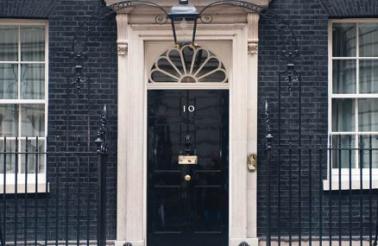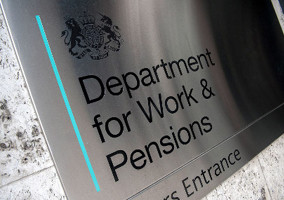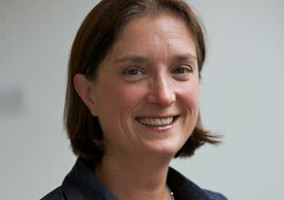The government has been criticised in The Times and on BBC radio over its use of ‘gagging clauses’ which prevent charities from speaking out on behalf of their beneficiaries.
The Times has carried out an investigation into non-disclosure agreements (NDAs) otherwise known as gagging clauses, in public contracts.
It found that clauses appeared to prevent charities from speaking out, particularly about the failed probation reforms, implemented by the Ministry of Justice under Chris Grayling, and about the impact of universal credit, implemented by the Department for Work and Pensions.
“The cabinet’s enthusiasm for NDAs looks like another manifestation of the British state’s culture of secrecy,” the newspaper said in a leader article accompanying the story. “Such furtiveness does little to improve the quality of decision making, it merely prevents scrutiny of bad policies, makes it harder to hold ministers to account and impoverishes the national debate.
“Charities warn that such clauses inhibit them from giving evidence to committees or feedback on policy. If Mrs May is to avoid accusations of hypocrisy, she should toughen rules on the government’s use of NDAs too.”
Charities back change
Vicky Browning, chief executive of Acevo, told The Times: “Anti-advocacy clauses are anti-democratic. Civil society leaders have been calling for a ban of anti-advocacy clauses in all government grants and contracts for a number of years, and I renew that request today.”
Sue Tibballs, chief executive of the Sheila McKechnie Foundation, told the Today programme on Radio 4 this morning that the policy of gagging charities must be scrapped.
“Charities are there to serve their beneficiaries,” she told the programme. “That’s charity law. It’s a fundamental role of charities to speak out about how their beneficiaries are experiencing government policy. Really behind this, I don’t think anyone is in any doubt, is a government that doesn’t want any criticism. They know that charities are influential and powerful and they want to stop them speaking.”
Sir Stuart Etherington, chief executive of NCVO, said in a statement this morning: "Given the nature of their work, charities have real insight into how these policies are working in the real world. And they speak up for people who just aren't heard in Whitehall.
"This issue has rumbled on for some time and we are calling on the Government to provide absolute clarity about whether these clauses, in any way, should prevent charities from speaking out.
"I have written today to the Prime Minister to ask her to confirm whether these clauses would prevent charities from publicly expressing concern about a particular policy or programme."
|
Related articles











